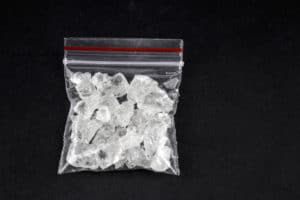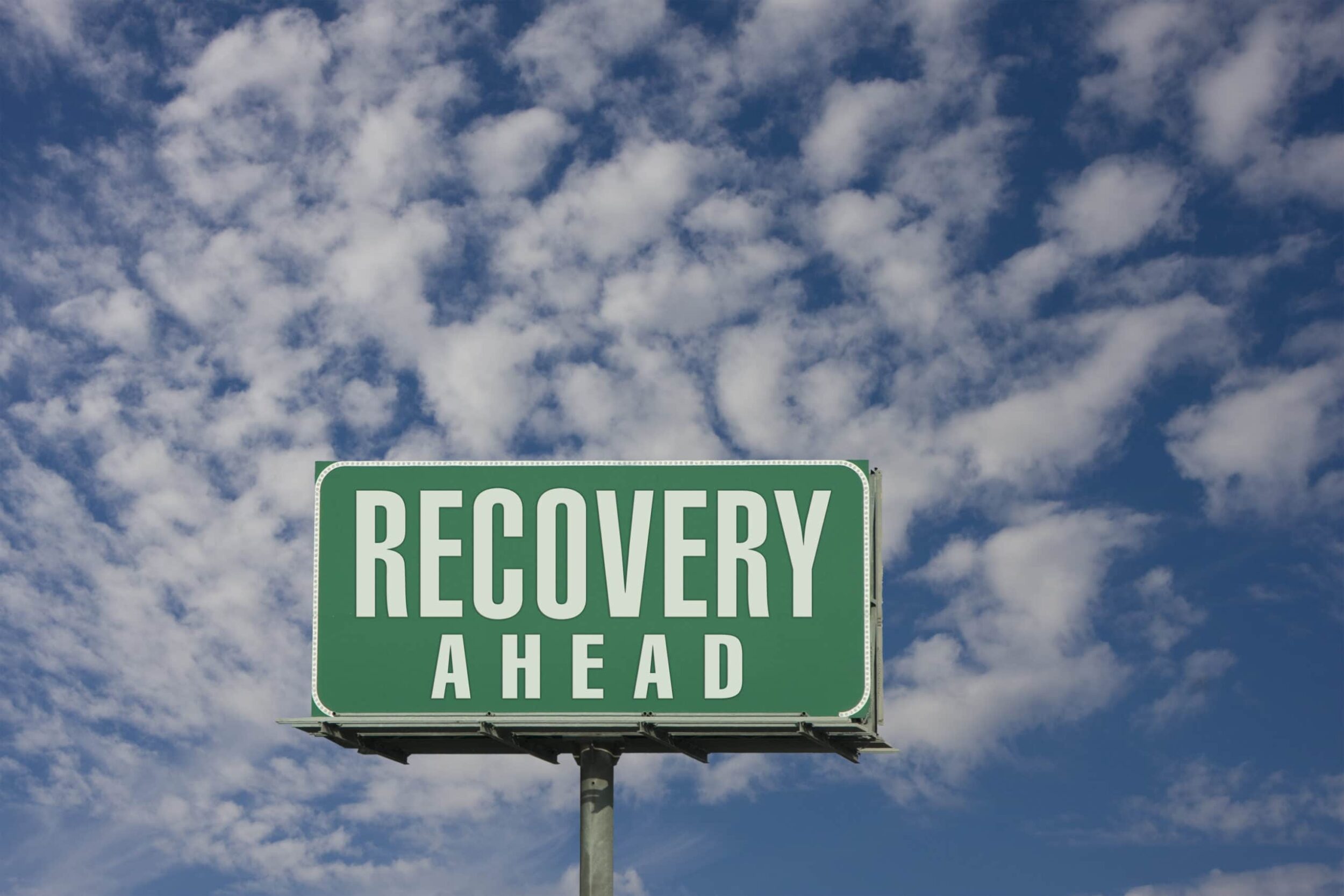Treatment for Meth Addiction at Wasatch Crest
Watch: Understanding Meth Addiction

What is Meth?

Methamphetamine is often known by the following names, depending on the form it comes in:
- Chalk
- Speed
- Meth
- Crank
- Glass
- Crystal
- Ice
The drug comes in an odorless, white powder that is bitter to the taste. Meth was created from amphetamines that are used in bronchial inhalers and nasal decongestants. The drug can be snorted, injected, smoked or ingested orally. Depending on how it is taken, the drug has different effects on the user.
It is common that those addicted to meth also suffer from some type of undiagnosed or untreated mental illness, including schizophrenia, antisocial personality disorder, bipolar disorder, and other anxiety or depressive disorders.
Long-Term Effects of Drug Usage
As with other addictive, illegal drugs, meth has a long list of potentially life-threatening, destructive effects when used long-term. Users may develop tolerance to the drug within minutes, requiring the user to binge in order to preserve the initial high.
Long-term effect of using meth may include:
- Memory loss
- Violent or aggressive behavior
- Weight loss
- Dental problems
- Distractibility
- Changes in the function and structure of the brain
- Psychosis (hallucinations or paranoia)
- Addiction
Meth is a highly addictive drug that can be fatal in certain doses. If you or someone you love is using meth, reach out to our specialists for help.
What is Meth made from?
Methamphetamine is made primarily of ephedrine and pseudoephedrine. However, to manufacture the powder or liquid, other ingredients must be added. These may include:
- Alcohol
- Gasoline
- Toluene (brake fluid)
- Freon (used in air-conditioning units)
- Acetone (nail polish remover or paint thinner)
- Ammonia
- Lithium from car batteries
The primary ingredients of meth are relatively safe when taken as directed. They have been used in certain medications for many years. The ingredients that are added for manufacturing, however, pose a serious health risk.
Signs of Meth Abuse

Signs of meth abuse can fall into four different categories:
Behavioral:
- Social isolation
- Trouble with the law
- Violent or aggressive behavior
- Loss of appetite
- Impulsiveness
- Problems in relationships
- Risky sexual behavior
Mood:
- Anxiety
- Depression
- Euphoria
Physical:
- Insomnia
- Open sores
- Hair loss
- Nausea and vomiting
- Shaking and trembling
- Liver damage
- Loss of skin elasticity
Psychological:
- Paranoia
- Hallucinations
- Disorganized thoughts
- Feelings of bugs crawling under the skin
- Nervousness
- Repetitive behavior
Can you recover from Meth addiction?
Methamphetamine addiction is treatable, and a complete recovery is possible. The best outcomes are achieved with inpatient addiction therapy.
Therapeutic care focuses on helping clients identify their triggers and find ways to cope with them. Through therapy, a recovering user can come to understand their thought and behavioral patterns that existed when they turned to meth. Their old thought and behavior patterns can be transformed to new, healthier coping strategies that support a fulfilling life in sobriety.
What kind of coping behaviors can be helpful to overcome destructive triggers?

As the body adjusts to sobriety, treatment must also address the lifestyle and emotional factors that could lead to relapse. Our team works with clients to implement physical, emotional, social, and practical coping skills.
Physical coping skills can balance stress hormones and increase energy levels. Examples include:
- Engaging in enjoyable exercise like hiking or bicycling.
- Spending time in nature.
- Keeping your hands busy. A “fidget spinner” can be helpful in releasing stress, as can a craft like painting or creating from clay.
Emotional coping skills can help reduce fear, anxiety, overwhelm, and intrusive thoughts. Examples include:
- Writing in a journal. Here, you can vent feelings and “free write” whatever comes to mind.
- Learning triggers. Understanding what instigates your stress or urges can help slow down any following actions, allowing you time to rework your frame of mind into a more positive state.
- Mindfulness and meditation practice. Free apps such as Insight Timer can put guided meditations at your fingertips.
Social coping skills help recovering users build a better quality of life. Examples include:
- Forming a trusted circle of friends that you can discuss challenges with and gain support from.
- Getting involved in a charity or leisure activity that fosters a sense of community.
- Learning to set boundaries to promote healthy relationships.
Practical coping skills can be implemented relatively easily to make daily living more comfortable. Examples include:
- Setting a routine that includes getting up and going to sleep at the same time every day.
- Developing healthy eating habits that foster sustained energy.
- Practicing breathing techniques. When triggered, we breathe shallow. It can be helpful to practice deep, slow breathing. Box breathing can soothe the nervous system within a few moments. In this technique, one breathes in, holds, and exhales for equal counts.
How long does it take meth to leave the system?
After using methamphetamine, the body continues to show signs for some time. Drug tests can pick up amphetamine, a meth metabolite, for up to three days in the blood, up to a week in the urine, and up to 90 days in the hair.
Meth detox can take a few days to several weeks. Symptoms of detox can range from mild to severe, which is why an inpatient, medically supervised program is recommended. One may experience some or all of the following symptoms as their body processes the drug and its effects:
- Exhaustion
- Anxiety, panic
- Feelings of depression
- Hallucinations
- Strong cravings
- Body aches, headaches
- Weight gain
Three to four weeks into recovery, clients often begin feeling more settled. Their mood stabilizes, and they begin looking forward to their life in long-term recovery.
At Wasatch Crest, our addiction treatment programs transcend talk therapy, providing our clients with different avenues to healing. We implement a variety of proven therapeutic modalities, including mindfulness and meditation, equine therapy, and adventure-based experiential therapy.
Why choose Wasatch Crest for Methamphetamine Rehab?
Our ultimate goal is to promote your health, happiness, and wellbeing through empathetic, personalized treatment. We are confident that we can make set you on the path to long-term recovery.
We offer inpatient treatment, sober living, and outpatient programs, along with an alumni aftercare program. All of our treatment programs incorporate adventure-based recreational therapy and family therapy. We also work closely with you to help you secure employment post-treatment. We have the tools, experience and education needed to help you overcome addiction and create a fulfilling life in sobriety.
Contact Wasatch Crest Today!
Reach Out to our Admissions Counselors!
You do not have to suffer alone with your addiction any longer. To learn more about our addiction treatment programs, call us today at 800-385-3507 or click here and submit an email contact form. Our staff will break down the process and help you through every step of the way in the admissions process.
